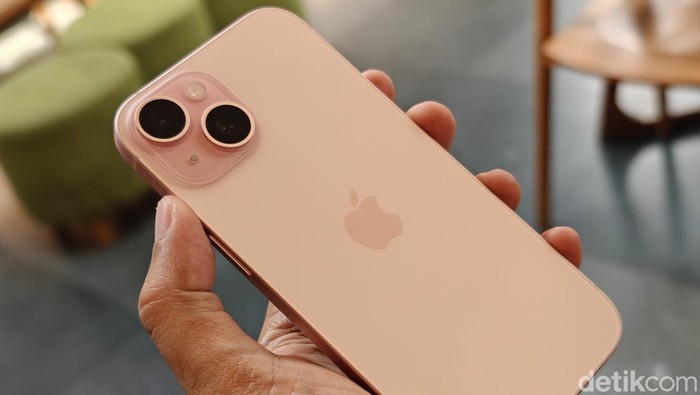In the wake of the newly enacted Digital Markets Act (DMA) in the European Union, Apple finds itself compelled to embrace greater openness. To comply with these regulations, Apple is set to facilitate iPhone users who wish to transition to Android.

According to compliance documents released by Apple, the iPhone manufacturer is developing methods to streamline the process of transferring data from iPhones to non-Apple phones. Although the solution is not yet available, Apple plans to unveil it in the fall of 2025.
Apple has not divulged extensive details about this new project. They merely state that this solution will assist other operating system providers in developing better methods for transferring data from iPhones to non-Apple phones.
While Android is not explicitly mentioned in their documents, it is presumed to be the operating system poised to benefit most significantly.
Currently, iPhone users looking to transfer data when purchasing a new Android phone can utilize Google's "Switch to Android" application. This application enables users to transfer data such as contacts, photos, videos, free applications, SMS, and notes. alternate dns 1.1.1.1
However, this application still has numerous limitations, such as the inability to transfer certain types of data like paid applications, Safari bookmarks, alarms, and other files. It is possible that Apple's new solution could address these limitations, as reported by The Verge on Friday, March 8, 2024.
Furthermore, Apple is also preparing a solution that will allow iPhone users to transfer data from one browser to another on the same device, which will be available by late 2024 or early 2025.
iPhone users will also be given the option to uninstall the Safari browser if no longer needed starting from the end of 2024 and choose their preferred default navigation app from March 2025 onwards.
It remains unknown whether these changes will only be available to iPhone users worldwide or exclusively in the European Union. However, most of Apple's announced plans to comply with the DMA, such as installing third-party app stores, are only available in the EU.



